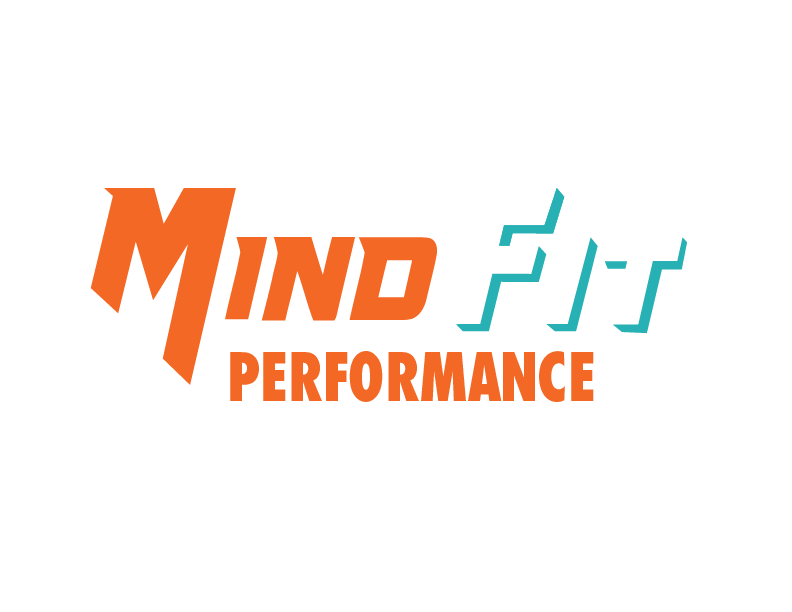Body Mindset
What does Body Mindset mean to you? When I think about what Body Mindset means to me, I think about the narrative I’ve seen in society since I was a kid about how our bodies are “supposed” to look. I think about how I struggled with how my body looked, simply because I was under the impression it wasn’t supposed to look like it did; I had a small stomach on top of very strong abs. But I focused more on the pooch, and how much I wanted to shrink it.
The term ‘body image’ represents how we think and feel about our own body. At times, we are also influenced by how others view our bodies; we think that what we see or what we’re told is what we’re supposed to be. Not to mention the fact that, as a woman, our physical figure fluctuates monthly with our menstrual cycle; another topic that is not understood by the large majority of the sports world. Even when we’re ‘in shape’ or ‘physically fit’ for our sport, our body still adapts depending on where we are in our cycle and our training. To be honest, I didn’t fully understand or embrace this until well into my adult years.
Part of my identity has always been athletic; it’s something I’ve always been extremely proud of. As an athlete, I’ve been in fantastic shape; trained hard to achieve a level of physical fitness that allowed me to perform at a high level. Yet, despite feeling strong and confident as an athlete, I didn't always feel strong and confident as a woman, simply because of my perception about how I thought my body was supposed to look. While I embraced being a strong athletic woman with muscles, I also was embarrassed by how my pooch looked. I always felt it should be flatter or that I should have 6-pack abs. I was consistently self-conscious because of that.
As I’ve evolved as a mental performance professional, it has become a great interest of mine to engage young women (and men), parents/guardians, and coaches in conversations and education to better understand their bodies, to have a better sense of body confidence, and to embrace the strong, physical aspects of their athletic bodies - but not be limited by them.
I have countless friends who growing up didn’t want to get ‘too muscley’ because they didn’t like the way it made their body look. I know countless young women who’ve struggled with their body image, going as far as limiting what they eat, because of the narrative they see and hear around them. What I’ve learned over the years is:
1) Everybody is different.
2) I get to choose how I feel about my body and the outside world doesn’t get to dictate how I feel.
To me, body confidence also means understanding not only what a healthy body looks like, but what a healthy body feels like. What a healthy body feels like is more than physical appearance; it's our thoughts and feelings about the body we have. It’s understanding that body weight and body appearance fluctuate regularly, and that’s normal. It’s understanding that fueling our bodies and minds with nutrients, positivity, grace, and gratitude, can make a difference in our athletic and academic performance and our outlook.
It is my hope that by talking about topics like body image and body confidence, we can start to normalize the conversation, and empower young girls and boys to feel confident in their bodies. While my area of expertise is not body image specific, helping people develop a strong, confident foundation is - and feeling good in our skin is part of that journey. Like Megan Trainor said,
“Any body type is beautiful. It’s all about loving what you got
and rocking it.”
For more body positive inspiration, check out these quotes from people and their real experiences. You can also check out these two great resources for more science backed information on training and menstrual cycles:
WHOOP Podcast S1Ep212: Adapting your training throughout all phases of your life with Dr. Stacy Sims
Dr. Stacy Sims answers members questions on training and menstruation
When you’re ready to be part of the conversation, get in touch and ask about our Body Mindset Academy Workshops!!
